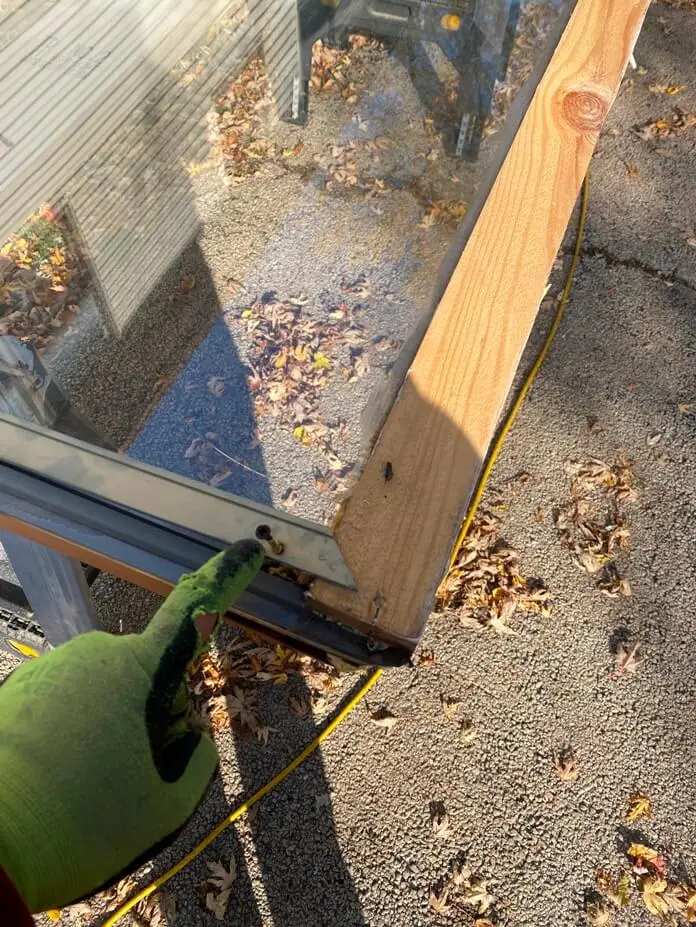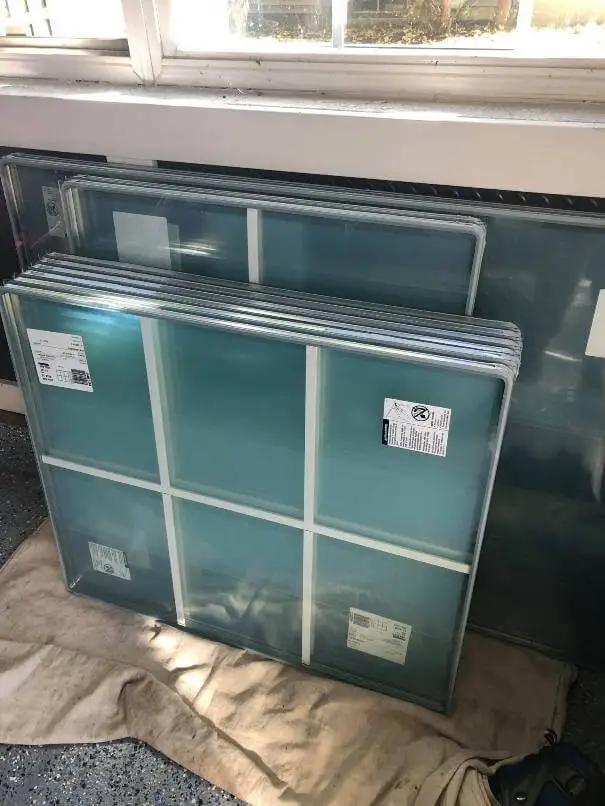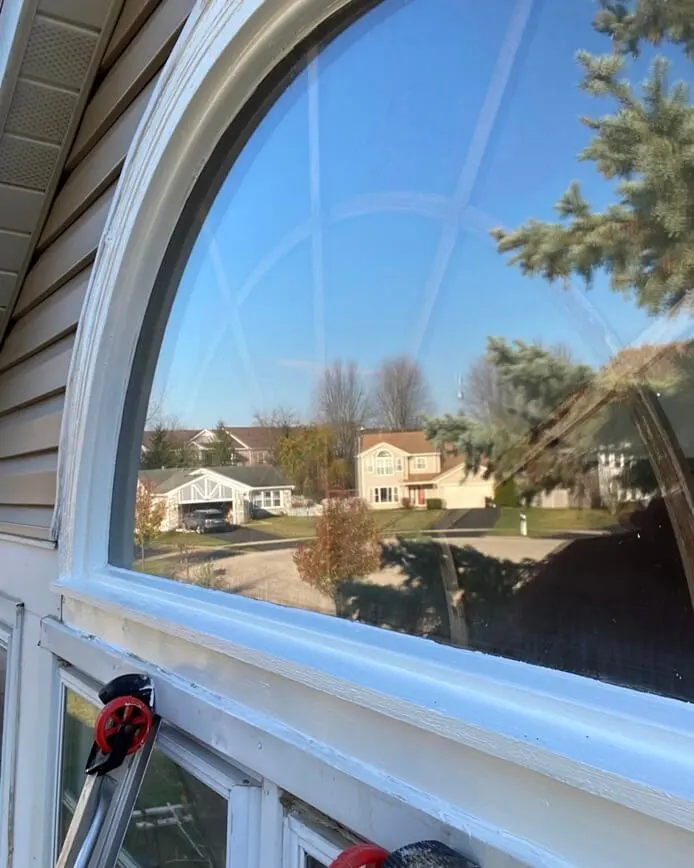Home Window Glass Replacement: Key Considerations for Optimum Efficiency and Style
Window Glass Replacement Near You
Top Options for Home Window Glass Replacement
Table of Contents
When discussing home window glass replacement, key considerations to cover include the types of glass options available, the benefits of optimum energy efficiency and insulation, the process of selecting the right frame materials, the importance of UV protection and noise reduction capabilities, the costs involved, potential for window film treatments, and the choice between DIY replacement versus hiring a professional. Additionally, consider discussing the warranty.


Home Window Glass Replacement Options
Our range of home window glass replacement considerations includes several types, each catering to different needs and preferences.
Single-pane glass is the most basic option, providing minimal insulation but lower costs, while double-pane glass offers improved energy efficiency with better insulation properties. Low-E glass, with a special coating, reflects heat and UV rays, enhancing energy savings even further. Tempered glass is strengthened through a heating and cooling process, making it safer and more durable, perfect for high-traffic areas.
Lastly, laminated glass combines two panes with a plastic interlayer for added security and sound insulation. When exploring glass replacement, consider how each type contributes to comfort, safety, and energy savings for your home. Remember, choosing the right glass is essential for optimum efficiency and style, and window glass replacement can significantly impact your living environment.
Energy Efficiency and Insulation
Energy efficiency and insulation levels of window frames and glass types significantly impact your home’s comfort and energy bills. Double-glazed windows, which feature two layers of glass with a sealed air gap, offer excellent insulation, reducing heat transfer and noise. Low-E (low emissivity) glass provides an additional advantage by reflecting heat back into the room during winter and keeping the heat out in summer, making it ideal for various climates.
If you live in colder areas, triple-glazed windows could be the best option, as they provide superior insulation. On the other hand, tempered glass is perfect for regions with high wind or extreme weather conditions, ensuring safety while maintaining energy efficiency. For those looking to improve their home’s energy performance, home window glass replacement with the right materials will make a significant difference. Whether you’re upgrading for aesthetics or energy savings, glass replacement tailored to your environmental conditions is crucial for maximizing efficiency.
Frame Materials (Vinyl, Wood, or Aluminum)
There are several popular window frame materials, each offering unique benefits. Vinyl frames are energy-efficient, low-maintenance, and provide excellent insulation, making them ideal for home window glass replacement; double or triple-pane glass enhances their insulating properties. Aluminum frames are strong and lightweight with a sleek aesthetic, and they pair well with tempered glass, which offers durability and safety. Wood frames provide classic beauty and excellent insulation but require more maintenance; low-E glass is a great option here, reflecting heat while allowing light. Fiberglass frames are robust and resistant to warping, making them suitable for glass replacement with triple-pane glass for superior energy efficiency.
Each material has its advantages, so choosing the right combination can improve your home’s comfort and aesthetic appeal while enhancing energy efficiency.

Noise Reduction
Home window glass replacement can also involve choosing frames like vinyl or fiberglass, which better absorb sound than aluminum. For quieter areas, standard double glazing might suffice, but for those in bustling environments, investing in laminated or triple glazing during glass replacement ensures a peaceful indoor experience. Overall, selecting the right combination of window frames and glass types based on the installation location can drastically improve noise insulation and enhance comfort in your living spaces.
DIY Replacement Versus Hiring a Professional
Home window glass replacement can offer several advantages, such as cost savings compared to hiring a professional, the satisfaction of completing a DIY project, and the ability to choose your own materials and styles. Additionally, it can be a relatively straightforward task for those with basic handyman skills. However, there are also cons to consider, including the potential for improper installation leading to drafts or leaks, the risk of injury from handling glass, and the time commitment involved in learning the process and executing the job correctly. Furthermore, improper techniques can result in more costly repairs down the line, making it essential to weigh the pros and cons of window glass replacement before deciding to take on the project.



